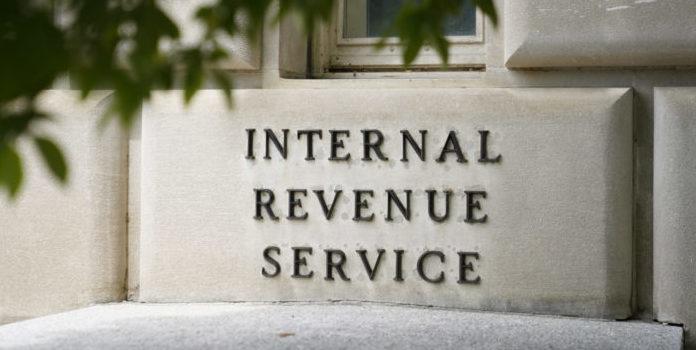(Joe Mueller, The Center Square) Taxpayers who received state refunds from Colorado and 20 other states will not be required to report those payments on their 2022 federal Internal Revenue Service return.
“The IRS has determined that in the interest of sound tax administration and other factors, taxpayers in many states will not need to report these payments on their 2022 tax returns,” the organization stated in a news release.
In addition to Colorado, the IRS said people in California, Connecticut, Delaware, Florida, Hawaii, Idaho, Illinois, Indiana, Maine, New Jersey, New Mexico, New York, Oregon, Pennsylvania and Rhode Island don’t need to report state payments on their 2022 return. Georgia, Massachusetts, South Carolina and Virginia fall under the guidelines with some stipulations. Alaskans will be included but must follow special guidance regarding payments supplementing the state’s permanent fund dividend.
The IRS guidance noted the pandemic emergency declaration is ending in May, making this an issue only for the 2022 tax year. “…if a taxpayer does not include the amount of one of these payments in its 2022 income for federal income tax purposes, the IRS will not challenge the treatment of the 2022 payment as excludable for income on an original or amended return,” the IRS stated.
Colorado Democrat Gov. Jared Polis told Douglas O’Donnell, the IRS’ acting commissioner, on Friday the money returned to the state’s taxpayers was not taxable, according to a media release from Polis’ office. Coloradans would have paid the IRS approximately $100 per individual, resulting in more than $400 million going to the federal government.
Colorado’s entire congressional delegation sent a separate letter to the IRS urging the agency to continue the 30-year practice of treating refunds from the Taxpayer’s Bill of Rights legislation, commonly referred to as TABOR, as non-taxable.
The Colorado legislature approved TABOR last year and repaid $750 to those filing single returns and $1,500 to joint filers. The refund was possible because of excess sales tax revenue.
“The IRS appreciates the patience of taxpayers, tax professionals, software companies and state tax administrators as the IRS and Treasury worked to resolve this unique and complex situation,” the agency stated in a media release.
Earlier this month, the IRS acknowledged it was receiving questions about special tax refunds or payments made by states in 2022. It instructed taxpayers to wait until additional guidance was provided or consult with a tax professional.
“…the best course of action is to wait for additional clarification on state payments rather than calling the IRS,” the agency said on Feb. 3. “We also do not recommend amending a previously filed 2022 return.”
Coloradans and residents of the other 20 states who filed their 2022 returns aren’t required to take any additional action.
“We, like millions of Coloradans, are breathing a sigh of relief that the IRS and federal government have stepped away from taxing our refunds this year,” Polis said in a statement. “This ultimately is the best outcome for families and individuals and we will continue seeking out more ways to save people money. I will continue fighting to maintain this precedent that refunds under TABOR should never be taxed.”
The IRS said a complex situation was created due to the rules evaluating if funds awarded by a state are federally taxable, as state programs distributed a wide variety of payments in 2022.
“The week-long uncertainty about whether the IRS was going to tax state refunds was a disaster,” Sen. Michael Bennet, D-Colorado, said in a statement. “As chair of the Senate subcommittee on IRS oversight, I will demand answers for why the IRS explored this radical change, and why this took place in the middle of filing season. And as the IRS looks to the 2023 tax year, I will continue to fight to keep TABOR tax-free.”

